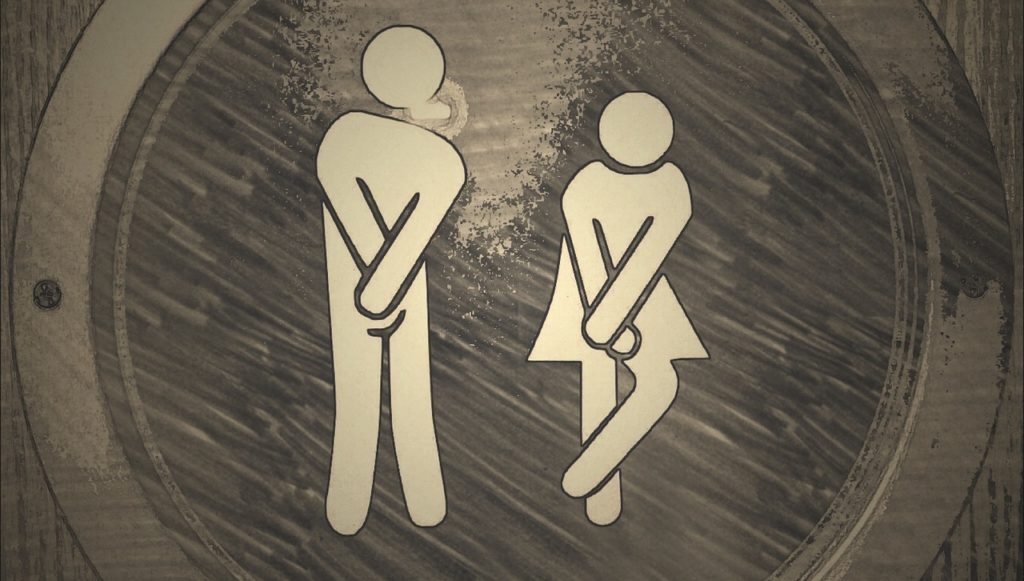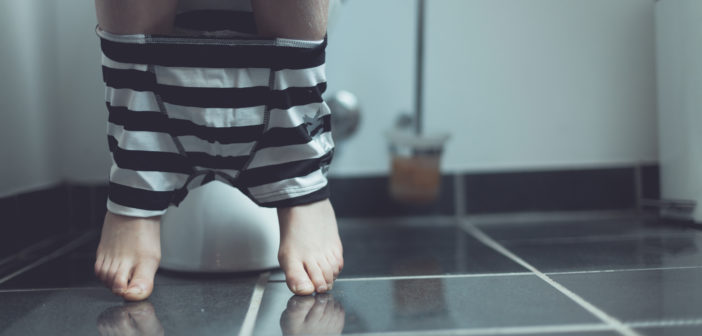What is an UTI?
UTI stands for Urinary Tract Infection. The urinary tract involves the the bladder, urethra (the tube that passes urine out of the bladder) and kidneys. Infection happens when germs gets into the urinary tract, usually the bladder or urethra. An infection in the bladder or urethra is also called cystitis.
Pyelonephritis is when the infection travels to the kidneys, which is less common but can be more serious.
This most common type of germ that causes these infections is the E. coli bacteria which comes from the bowels or from faeces.
Consequently, urinary tract infections are common in children and babies. Contamination can come from nappies or from wiping back to front (wiping poo into the urethra).
Signs and Symptoms
Urinary tract infections can be very uncomfortable and in some cases make a sufferer very sick. However, some children may show only a few or even none of these signs, simply feeling ‘unwell’.
Children with cystitis (infection of bladder and urethra) may exhibit signs such as:
- Pain or burning during urination
- Frequent trips to the toilet
- Feeling like urinating but not much comes out
- Uncharacteristic wetting accidents through the day or night
- Smelly, cloudy or strangely coloured urine
- Blood in urine
- Fever
- Pain in the lower belly
- Lack of appetite
In cases of kidney infection, there may be the above symptoms as well as:
- Pain in back or side
- Nausea or vomiting
- High fever and chills
If your child is feeling generally unwell or has unexplained fever, irritability or lethargy, it is a good idea to check with your doctor as untreated UTIs can lead to kidney damage.

Diagnosis
UTI is diagnosed through a urine test. Your doctor can test the sample using a dipstick to screen for infection and then will usually send the sample to pathology to identify the bacteria causing the infection.
Your doctor will likely want to do a follow up sample after a course of treatment to ensure the infection has cleared.
While UTIs are common, children who have reoccurring infections will be referred to have an ultrasound to check for any abnormalities in the urinary tract.
Treatment
As this type of infection is cause by bacteria, UTIs are treated with antibiotics. In severe cases, an injection or intravenous antibiotics may be required.
Keeping your child well rested and hydrated while they recover from an UTI is also important.
Prevention
- Change nappies regularly and always wipe front to back
- Teach your child to wipe front to back and to use a fresh piece of toilet paper each wipe to avoid spreading bacteria
- Make sure your child drinks plenty of water
- Encourage your child to go to the bathroom frequently (not holding on for long periods).


1 Comment
Pingback: What Causes Sore Girl Bits And How To Fix It - School Mum